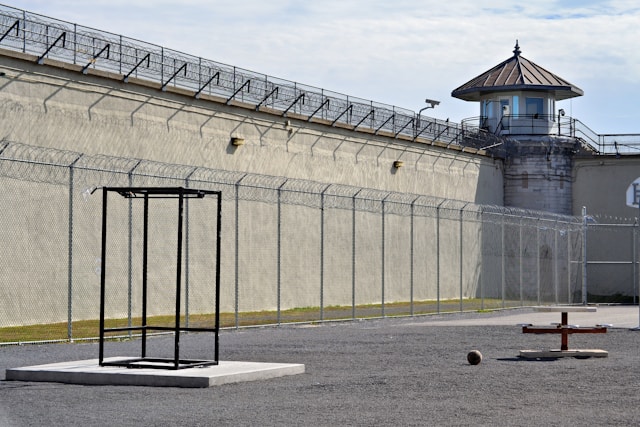Prison-lagers for immigrants: the millionaire cause continues
TORONTO – Prisons like lagers in Ontario: is it true or not? Allegations made in a class action lawsuit over “inhumane” prison conditions for immigrations detainees are likely to be answered, yes or no, because the Ontario Superior Court of Justice has rejected all fifteen objections raised by government lawyers seeking to stop the proceedings.
So, the case continues, representing 8,360 people detained in 87 provincial and territorial prisons by the Canada Border Services Agency (CBSA) between 2016 and 2023. These are immigrant detainees who “were incarcerated in provincial prisons (solely because their identity was unclear or for other reasons not related to crimes) and encountered the same conditions as criminal inmates, including co-mingling with violent offenders, use of restraints such as shackles and handcuffs, strip searches, and severe restrictions on contact and movement” wrote Judge Benjamin Glustein.
Foreign citizens and permanent residents detained by the CBSA under the Immigration and Refugee Protection Act are not charged with any crime and “under Canadian and international law, immigration detention is administrative in nature and cannot be punitive”, according to the class action which seeks collective compensation of over 100 million dollars. “However, the CBSA has a long-standing practice of detaining thousands of immigration detainees in provincial prisons through agreements with Provinces and Territories. This practice violates detainees’ Charter rights…”.
One of the spokespersons for immigration detainees is Tyron Richard, who spent eighteen months in three different maximum security prisons in Ontario from January 2015 to July 2016, even though he was not considered a danger. He was held only due to the “risk of flight”. And he said that while in prison he was subjected to dozens of body searches. “I was required to strip off my clothes, turn around, bend over, spread my buttocks, and undergo an inspection of my anus by a guard with a flashlight, and to undergo a visual inspection under and next to my genitals” Richard swore in his affidavit, as reported by CBC. “I would describe my life in prison as a living hell, where I cried almost every day…”. Nor was he afforded any privacy from his cellmate or guards, Richard said. “The toilet was open in the room right next to the door” and, furthermore, communication with friends and family was extremely difficult. “The visits were contactless and conducted in booths through glass, using a telephone and limited to just 15-20 minutes” said Richard who regained permanent resident status after that experience and is applying to become a citizen Canadian. “I am proud to be able, now, to fight this inhumane practice to help ensure it doesn’t happen to others” Richard said.
In the pic above: the prison of Kingston, Ontario (photo by Larry Farr on Unsplash)



